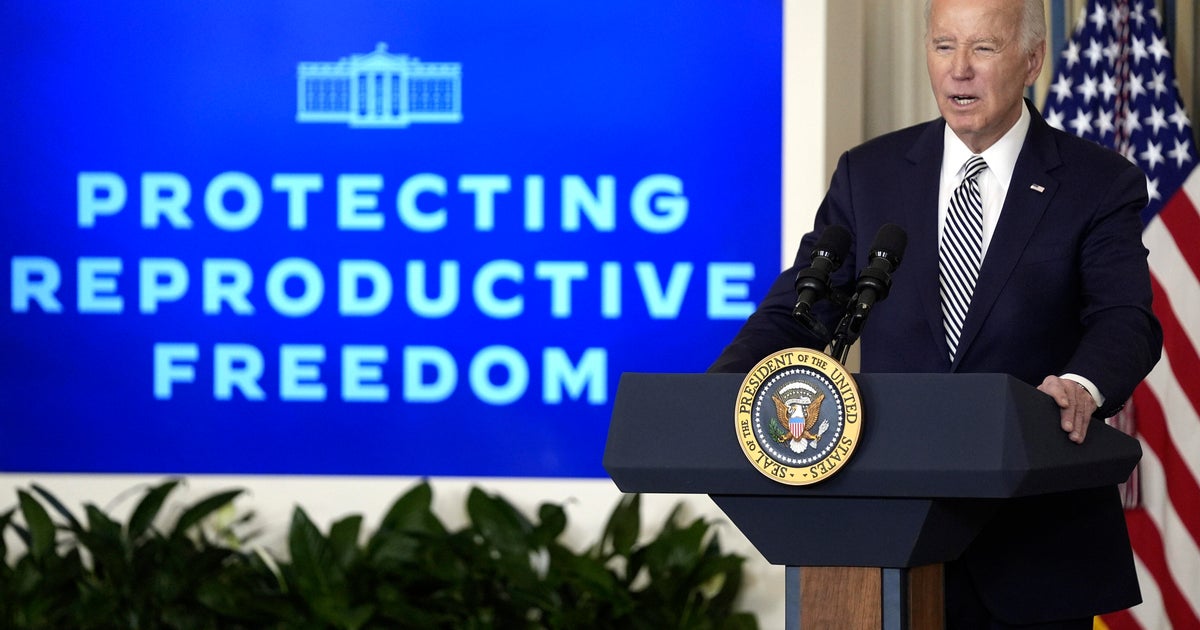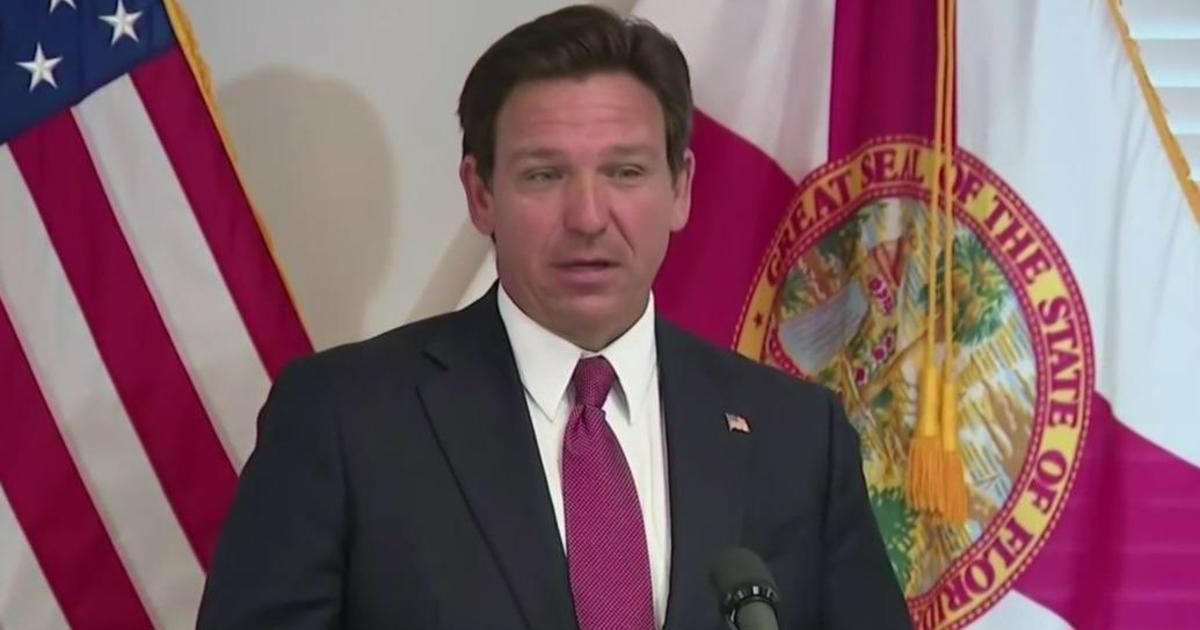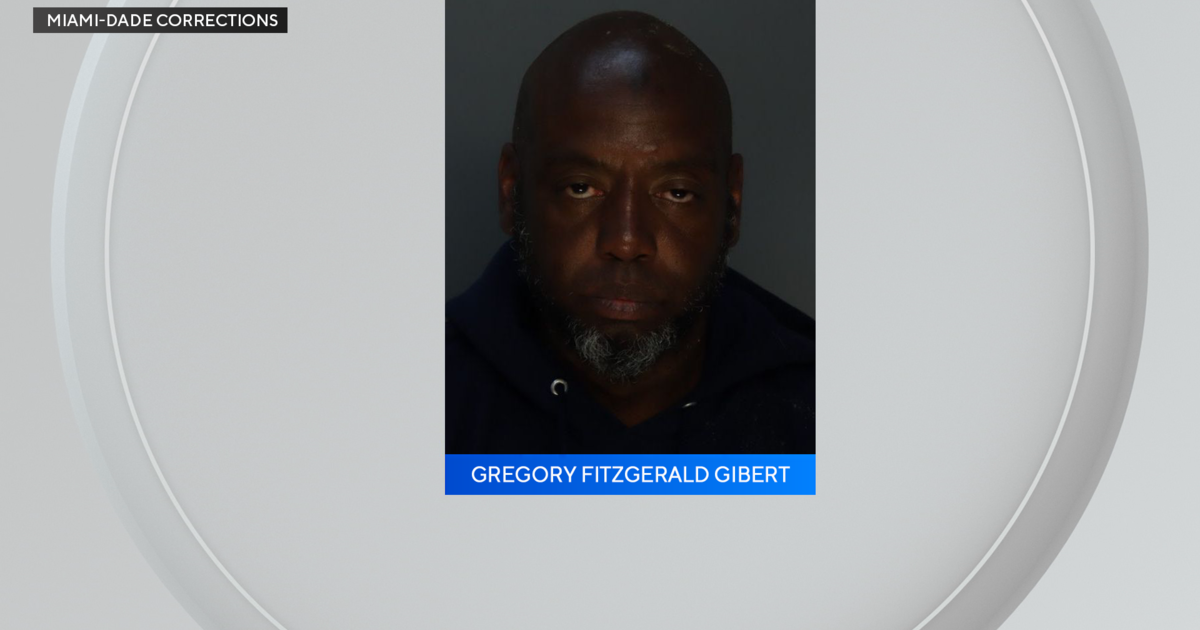Cruz Bags Wisconsin To Close On Trump; Sanders Tops Clinton
Follow CBSMIAMI.COM: Facebook | Twitter
MADISON, Wis. (AP) — Republican Ted Cruz and Democrat Bernie Sanders carried Wisconsin on Tuesday, easing to victories that made things a bit tenser for front-runners Donald Trump and Hillary Clinton.
The election capped an intense 10 days in which all five candidates, with no other national elections at hand, traveled the state at town hall meetings, rallies and speeches. Huge interest in the race had turnout projected at the highest in more than 30 years.
Besides the presidential race, voters settled a tight race for a 10-year term on the state Supreme Court as well as multiple municipal races. The election also was just the second since voters were required to show state-approved photo identification at the polls, and the largest test yet of that new system.
A guide to the election:
CRUZ'S BIG NIGHT
Cruz capitalized on a wave of support from establishment Republicans eager to derail Trump. Cruz's win in Wisconsin slowed the billionaire businessman's bid to win the GOP nomination outright. Cruz had won Gov. Scott Walker's endorsement and the favor of the state's influential conservative talk radio hosts. Trump always had an uphill battle in Wisconsin, and that was before he stumbled several times, including having to retreat from remarks on abortion. The statewide victory netted Cruz 18 of the state's 42 delegates, though Trump and Ohio Gov. John Kasich held out hope of picking up a few delegates with wins in individual congressional districts.
SANDERS OVER CLINTON, AGAIN
Sanders campaigned hard and it paid off when Wisconsin became the sixth of the last seven states to go in his win column. Sanders was a more frequent presence in the state than Clinton, who spent some of her time looking ahead to the next big prize in the push to the nomination — her adopted home state of New York.
Sanders sought to link Clinton to trade policies that he said contributed to the loss of Wisconsin manufacturing jobs. Clinton emphasized her long ties to the Democratic Party — a gibe at Sanders' longtime status as an independent — and questioned the practicality of such Sanders promises as free college tuition.
The state offered 86 delegates to the national convention, but because they are awarded proportionally, a close race wasn't likely to mean a major delegate haul for either candidate. The state also has 10 super delegates, including congressional delegation members and Democratic National Committee members, who will go to the national convention unbound by Tuesday's vote. Five of those have committed, all to Clinton.
WHAT DO VOTERS SAY?
"Circus" was the word that came to Cheryl Harvey's mind in trying to describe this year's GOP contest. Harvey, 65, of Milwaukee, said she usually considers candidates of both parties but not so much this year. She backed Clinton for what she called Clinton's experience and consistency. Paul Lorentz, a 42-year-old project manager in Sun Prairie, usually votes Democratic but crossed party lines to vote for Kasich in hopes that Republicans would put up what he considers a good candidate. "My hope is always to have two acceptable candidates running for president," he said. Jason Kausalik, a 27-year-old graduate student at University of Wisconsin-Milwaukee, went for Cruz, calling him "a conservative who has a chance to win" in November. Joanne Wahl, a 51-year-old claims adjuster in Sun Prairie, backed Trump, saying he would "get the job done."
BIG TURNOUT, NO BIG PROBLEMS
Wisconsin was projected to have its highest turnout in a presidential primary since 1980, but it didn't seem to translate into any major problems at the polls.
State elections board spokesman Mike Haas said clerks around the state reported a busy pace but manageable lines throughout the day. The state was holding just its second election since voters were required to show photo identification, and Haas said his office hadn't heard of any major issues.
Neil Albrecht, executive director of Milwaukee's election commission, said wait times in the state's largest city didn't exceed 30 minutes even during peak voting. Albrecht estimated the city would have four to five times the same-day voter registration it had for the primary four years ago.
The state elections board projected turnout at 40 percent of eligible voters.
For more on Campaign 2016, click here.
(© Copyright 2016 The Associated Press. All Rights Reserved. This material may not be published, broadcast, rewritten or redistributed.)



